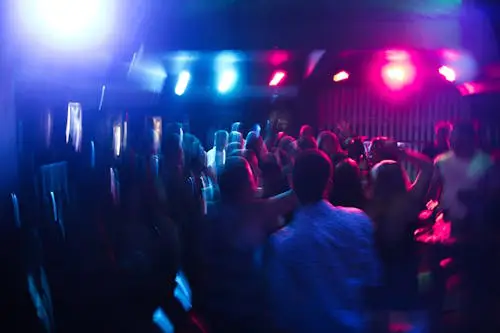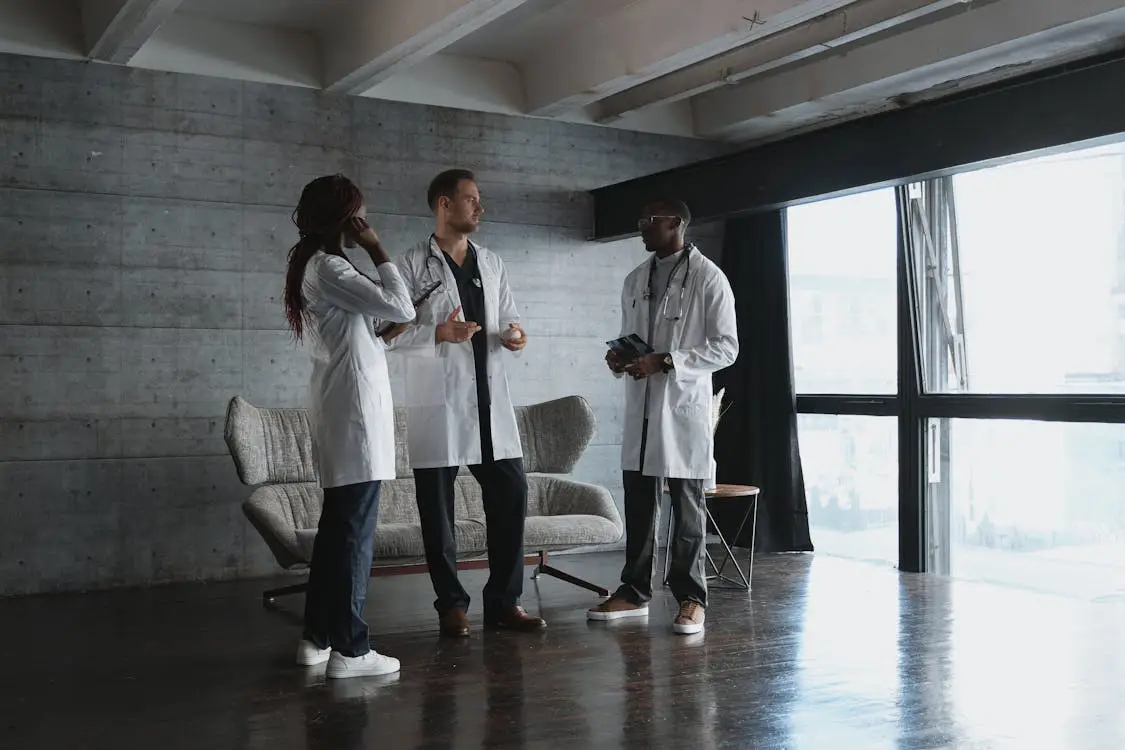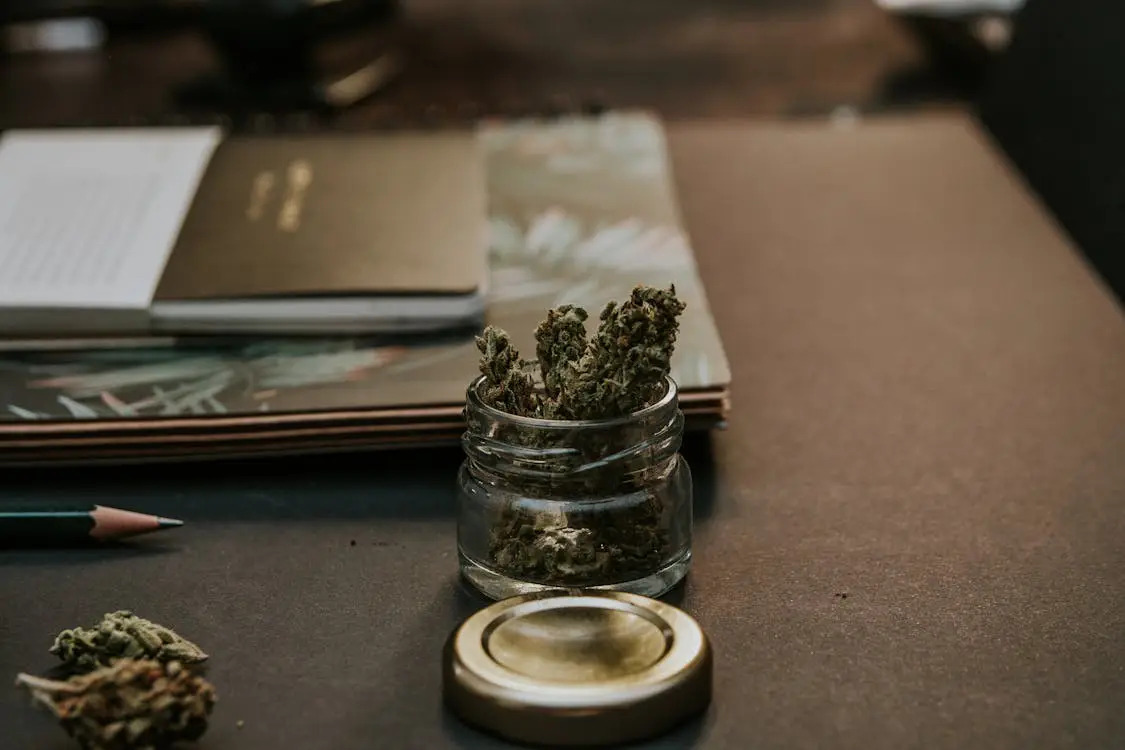We live in a world saturated with dopamine, where algorithms predict our desires before we even consciously acknowledge them. A world where the swipe, the like, the endless scroll, has become the new needle. However, this isn’t just about opioids or cocaine. This is about the insidious, silent addiction that’s reshaping our very neural pathways: the addiction to technology.
It’s hijacking our brains, making us more susceptible to traditional addictions, and rendering conventional recovery methods tragically inadequate. We’re facing a crisis, and the old playbooks are burning.
This guide covers how technology rewires our brains for addiction. Plus, learn how our holistic addiction treatment programs at Overcoming Addictions can help you ensure lasting recovery.
The Silent Hijacking: How Algorithms Are Reprogramming Your Brain
Imagine a casino, but instead of flashing lights and slot machines, it’s your smartphone. Every notification, every ping, every viral video is a carefully engineered burst of dopamine, the neurotransmitter responsible for pleasure and reward. These algorithms aren’t designed for your well-being; they’re designed for engagement, to use tech to rewire our brains for addiction. They learn your preferences, exploit your vulnerabilities, and keep you trapped in a cycle of instant gratification.
Big Tech has weaponized neuroscience. Social media platforms, gaming companies, and streaming services deploy teams of behavioral scientists to create systems designed to keep us engaged for as long as possible. Infinite scrolling, intermittent rewards, and personalized content recommendations exploit the brain’s reward system in ways eerily similar to slot machines. The algorithms learn our vulnerabilities, feeding us exactly what will keep us clicking.
For individuals already struggling with substance addiction, this digital hijacking exacerbates cravings. The mind, conditioned to seek immediate gratification, becomes less capable of resisting urges. Studies have shown that excessive screen time diminishes impulse control, increases anxiety, and weakens emotional regulation—all factors that heighten the risk of relapse. If you think you’re immune, ask yourself: when was the last time you mindlessly checked your phone for no reason at all?
The Tech-Addiction Pipeline: How Social Media Fuels Substance Abuse
Influencers have become the new drug dealers, peddling lifestyles drenched in excess, escapism, and self-medication. Social media glorifies alcohol-fueled parties, designer pills, and “wellness” trends that often mask dangerous dependencies. The aesthetic of addiction is repackaged into something desirable—wine moms joke about their drinking habits, party culture is romanticized, and drug use is framed as a pathway to enlightenment.
For someone in recovery, these triggers are omnipresent. Scrolling through Instagram can feel like a psychological minefield, where one moment of weakness can unravel months of sobriety. The illusion of connection—likes, comments, and followers—gives a false sense of fulfillment, making real-life connections feel unnecessary or even inferior. When digital validation fails to satisfy, many turn to substances that offer a more potent escape.
In this way, social media and tech are rewiring our brains for addiction, ensuring we never break from the vicious cycle.
Sabotaging Recovery: How Technological Triggers Undermine Sobriety
Recovery from addiction is a war fought on multiple fronts. Yet, tech continuously rewires our brains for addiction and sabotages even the best efforts. Smartphones deliver instant access to old habits—drug dealers on encrypted messaging apps, virtual casinos at your fingertips, and endless content glorifying substance use. Even in treatment, patients struggle with digital temptations. Group therapy sessions often end with people retreating into their phones, disconnecting from the very support systems meant to save them.
One recovering opioid addict shared how social media sabotaged their recovery, “I thought deleting my dealer’s number was enough, but it turns out they found me again—on social media. An old post, a simple DM, and I was back where I started.”
Even beyond social media, tech-driven anxiety can push recovering individuals toward relapse. Constant news cycles stoke fear; unrealistic body standards fuel insecurity, and the curated perfection of others’ lives creates unbearable pressure. Stress is a primary relapse trigger, and today’s technology ensures we are always on edge.

Why Traditional Treatment Fails Without Medication-Assisted Therapy (MAT)
The hard truth? Most addiction treatment programs are failing because they refuse to embrace the science of recovery. Abstinence-only approaches are relics of a bygone era, yet many clinics still push outdated models that rely on willpower alone. The data is clear: medication-assisted therapy (MAT) has the highest success rate of any treatment method. Without MAT, relapse rates skyrocket, and overdose deaths continue to climb.
MAT works because it addresses the brain’s rewiring at a chemical level. Drugs like suboxone and naltrexone help stabilize brain chemistry, reduce cravings, and prevent fatal overdoses. The stigma against MAT is killing people. Critics claim it “replaces one addiction with another,” but the reality is starkly different. Recovery isn’t about suffering through withdrawals; it’s about reclaiming control over your life.
One of our former patients, Mark B., described it best: “MAT at Overcoming Addictions didn’t just keep me from using—it gave me my life back. I could work, I could be present for my kids, and I didn’t wake up every day in fear of my own cravings.”
Reclaiming Control with Overcoming Addictions
Tech is rewiring our brains for addiction, but you don’t have to be a prisoner of your cravings, a slave to the digital drip. There is a way out.
At Overcoming Addictions, we offer holistic addiction treatment programs that go beyond traditional methods. We integrate evidence-based practices like medication-assisted Treatment (MAT) with comprehensive therapy, mindfulness techniques, and lifestyle coaching. We help you address the root causes of your addiction, heal the wounds of the past, and build a life filled with purpose, meaning, and genuine connection.
“I thought I was lost,” says Elizabeth, E., a former client. “Trapped in a cycle of self-destruction. But Overcoming Addictions gave me the tools, the support, and the hope I needed to break free. Today, I’m living a life I never thought possible. A life of freedom, of joy, of genuine connection.”
Let us help you break the chains of addiction and reclaim your life. Call us now for substance use disorder treatments.













